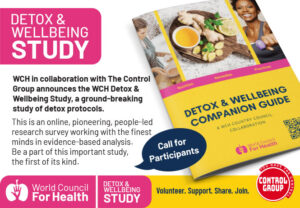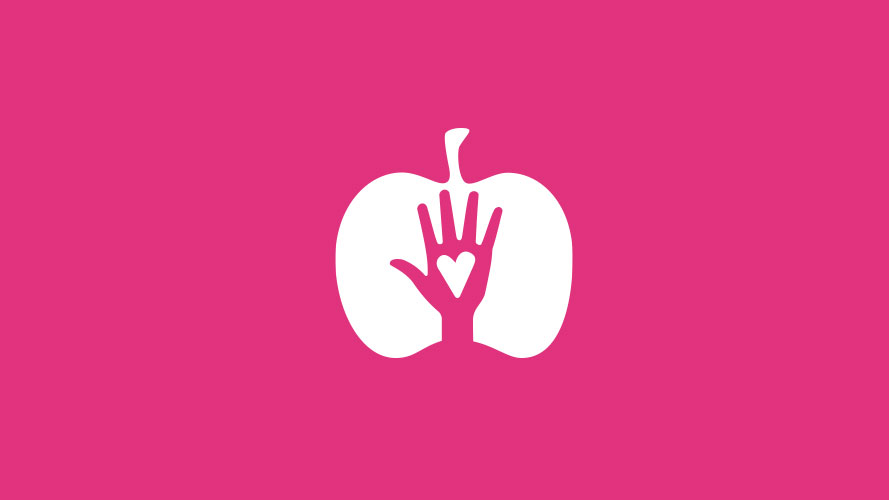
The World Council for Health supports and advocates for health research that is relevant and free from conflicts of interest. We are particularly interested in promoting and facilitating research that focuses on safe healing modalities derived from nature.
The WCH Health & Science team convenes a Research Ethics & Integrity Committee to evaluate and approve proposed studies. The Research Ethics & Integrity Committee is comprised of international health, ethics and patient representatives with expertise and/or experience relevant to the research study submitted. We do not approve animal studies.
If you would like to submit a research study protocol for evaluation by the WCH Research Ethics & Integrity Committee, please email [email protected] with ‘Research protocol for evaluation’ in the subject line.
If you would like to put your name on the list to attend a committee meeting as an observer, please email us with ‘Research Observer List’ in the subject line indicating your reason for wanting to do so and a brief biography as content.


With human health at an all-time low, it is easy to see that we are living in very toxic times. The current profit-driven model of ‘healthcare’ is disease orientated, keeping us chronically ill instead of curing us.
World Council for Health’s approach to getting people well again and staying well involves raising awareness of, and addressing, the root cause of disease. We, therefore, focus on safe established medicines, natural products and supplements, and ancient and innovative practices to prevent disease and restore health. Research that enlightens us about the root cause of disease is appreciated.
People participate in research if there is a chance to help themselves and others by confirming what works and what doesn’t when there are uncertainties about the best ways to get or stay healthy.
WCH’s success lies in its decentralised model of health advocacy through international collaboration with specialist partner organisations and autonomous councils. When it comes to research, the decentralised WCH model founded has the potential to produce powerful health research results through international grassroots collaboration.
Drug companies and academic institutional research is hugely expensive.
In addition, due to public private partnerships, the drug industry, academic and medical research tends to focus on new drugs because established generic medicines and supplements are not profitable once they are out of patent. This is why you seldom see Vitamin B supplements and omega fatty acids being promoted prevent Altzheimer’s Disease, for example – there’s (relatively) no money in it!
People-led research is research initiated by grassroots groups to expand knowledge-base on health approaches ignored by conventional academia and drug companies due to lack of financial incentives. People-led research is generally crowd-funded and conducted without institutional funding.
Benefits of people-led research is that we can look at re-purposing and expanding the scope of safe, low-cost established medicines and practices, as well as investigating the effects of traditional medicines found in nature. People-led research facilitates data-sharing and transparency, and there are no shareholders and corporations standing by to reap dividends or corrupt the science.
Through people-led research, ordinary men and women are empowered to do their own research and make their own choices based thereon. Because medicines and supplements investigated are much safer than pharmaceutical drugs, people-led research carries a much lower risk of adverse reactions.
People-led research can make a real difference.
Are you ready to do your own research?

Welcome to our new website, We have new content being added all the time, Sign up to receive regular updates.